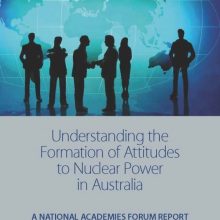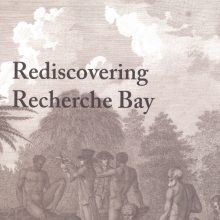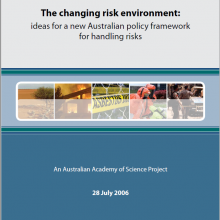Recent technological advances have enabled assembly of a wide range of data about an individual’s genetic and biochemical makeup, as formed by their genes, environment and lifestyle. While medicine has always had personal and predictive aspects, precision medicine allows health and disease to be viewed at an increasingly fine-grained resolution, attuned to the complexities of both the biology of each individual, and the variation among the population.
There is a crisis of public faith in science and scientists. Recent research shows concern over scientific ethics, transparency and who benefits from R&D, exemplified in the GMO debate. Scientific discussion of the polio vaccine hypothesis for the origin of AIDS has been systematically suppressed for more than twelve years. The author calls for an international multidisciplinary inquiry into the origin of AIDS, arguing it is essential to human health, prevention of new pandemics, and to protect the integrity of science in the eyes of the public.
Full Report (PDF 2000)






